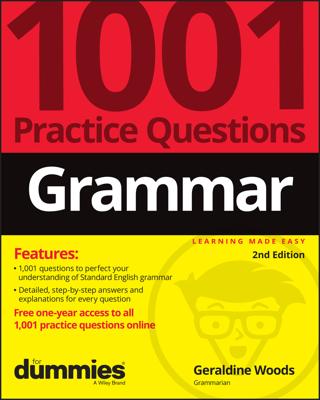Do you want to read this now, or save it for L8R? If that last “word” is a mystery to you, you haven’t been using typing on a Blackberry, a cell phone, or a similar device. Although texting and tweeting are relatively new, there are some basic grammar guidelines that will help you make yourself clear.
Text messages can be written in formal or informal English. When you’re deciding how formal to be, try these guidelines:
Consider the identity of the person receiving the message. If he or she is a friend who can practically read your mind, formal English isn’t necessary. Abbreviations and half-sentences are probably fine, and you don’t need to worry about capitalization and punctuation. The less friendly the relationship, the more correct your language and grammar should be
If you’re the boss, you make the rules. Your subordinates aren’t going to point out that you lowercased a word that should be in caps if they want to keep working for you!
Think about the impression you’re trying to make. If you're writing to a potential client, formal language may show respect and care.
Save abbreviations such as ttyl (talk to you later), lol (laugh out loud, indicating a joke), and ctn (can't talk now) for someone who is your bff (best friend forever). However, some abbreviations are acceptable in business or academic writing. For example, you may begin a message with "FYI" (for your information) and ask for a reply "ASAP" (as soon as possible).
Compressing your thoughts into the smallest space doesn’t get you off the hook when it comes to grammar, however. Remember one rule, no matter what you're writing with, on, or to: Be clear!
Your reader has to understand what you mean, or your message is a failure. Period, end of story. With that principle in mind, check out these guidelines:
Dropping words in your writing
Because every character counts, you may at times break the complete sentence rule when you're texting. The most common cut is the subject of a sentence. For example, you may type
Left meeting early. No progress.
to someone who knows that despite having an early dinner date, you attended a session of the Grammarians for Punctuation Reform. However, don’t omit a subject unless you’re absolutely sure that no confusion may result.
For instance, suppose you and a colleague spoke about the meeting and decided that the key figure was the leader of a pro-apostrophe lobby. His support for punctuation reform is guaranteed to convince everyone else. His disapproval means that any proposal is dead on arrival. Upon receiving the previous text message, will your colleague know who left the meeting early? In such a situation, it's better to type one of these options:
President left meeting early. No progress.
I left the meeting early. No progress.
Articles (a, an, the) and conjunctions (words that join, such as and, or, but, and so forth) can often be omitted. Just be aware that the resulting message sounds rushed and at times strange
Dropping punctuation and capital letters in writing
Some handhelds automatically correct your typing by inserting capital letters and a period after you’ve typed two spaces. Capital letters may be a pain to type when you’re on the go. Yes, some people text
saw helen after the meeting
and civilization as we know it hasn't yet crumbled. But don’t you like this version better?
Saw Helen after the meeting.
Dropping a comma or a period usually isn’t crucial. However, don’t skip anything that adds meaning, such as question marks. Take a look at these two text messages:
Dinner at 5
Dinner at 5?
Obviously, they express two different ideas. The first assumes attendance, and the second is an invitation.
Type carefully, and reread what you typed before sending the message. Some people easily decode mistyped words as they read, but do you want to risk having your words turn into a puzzle?

